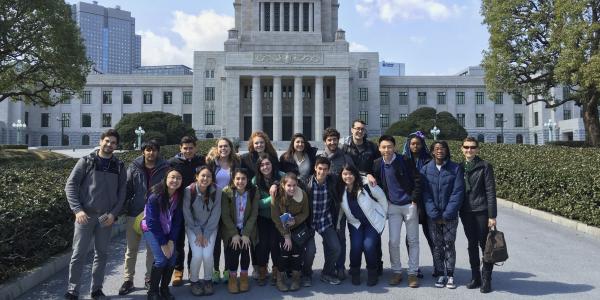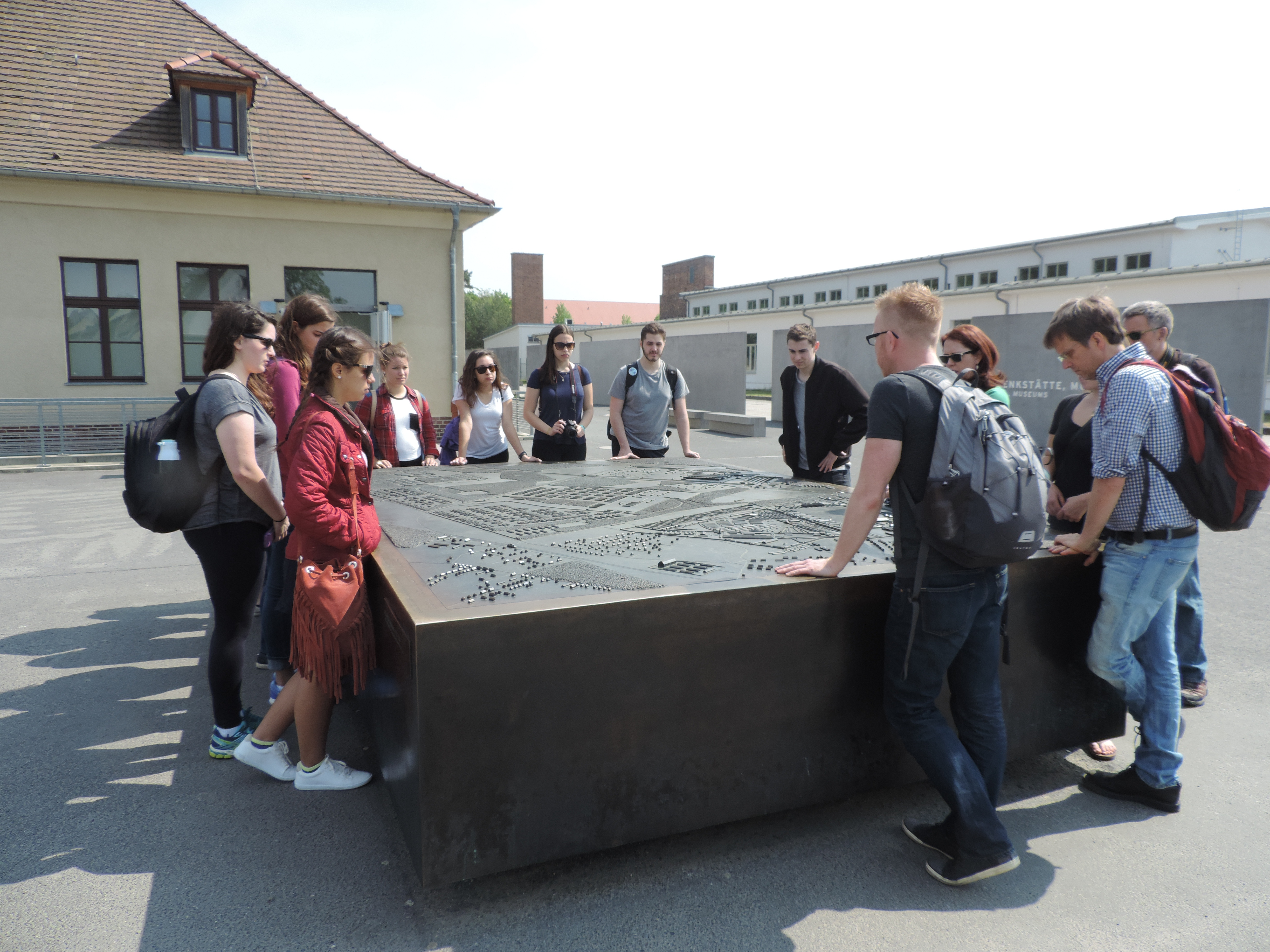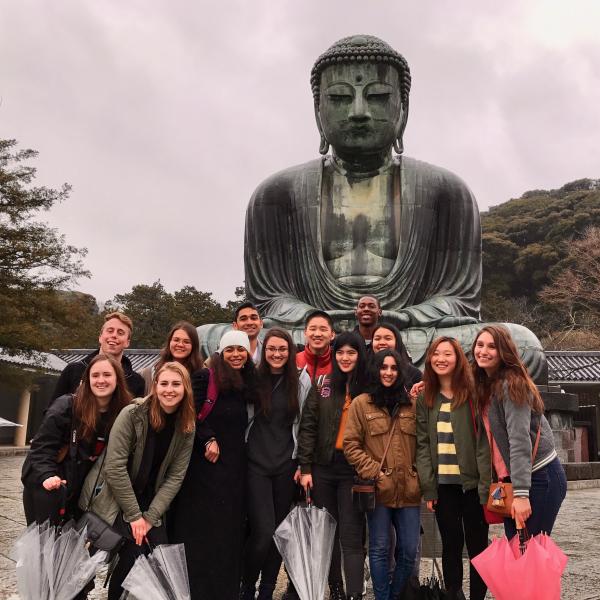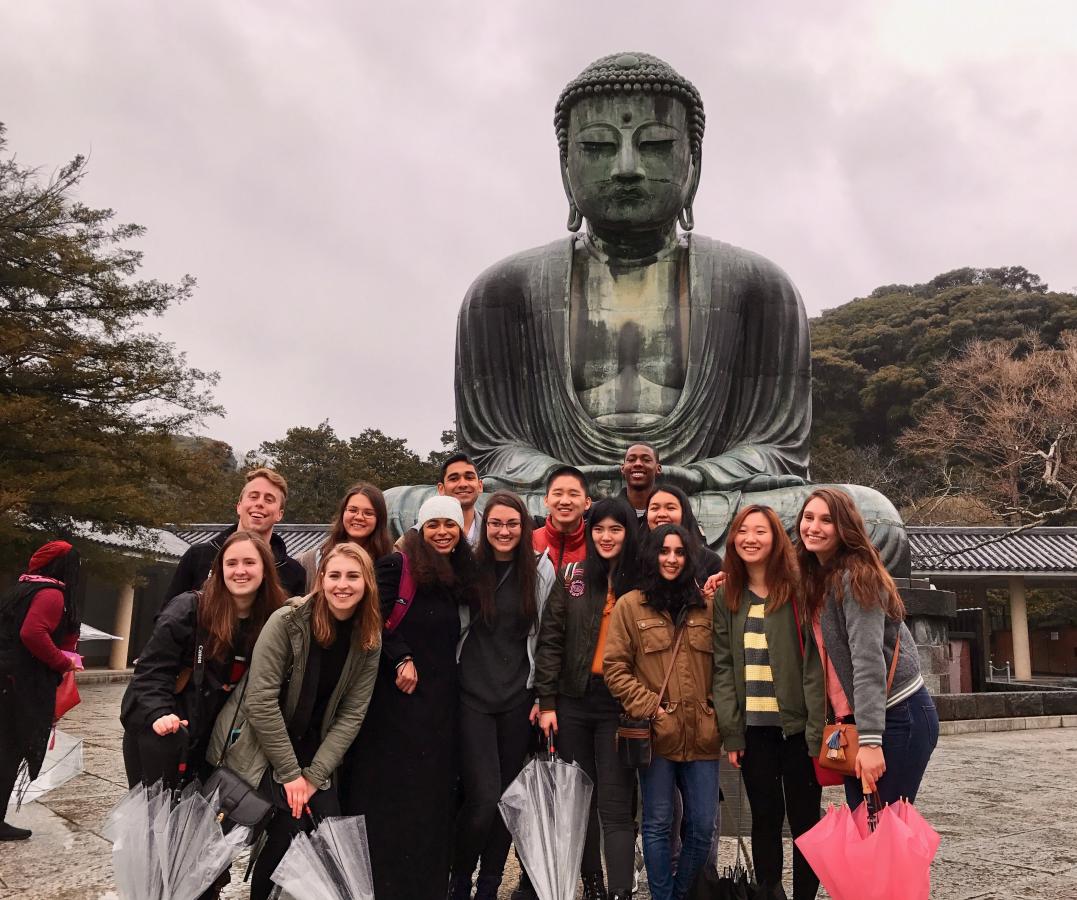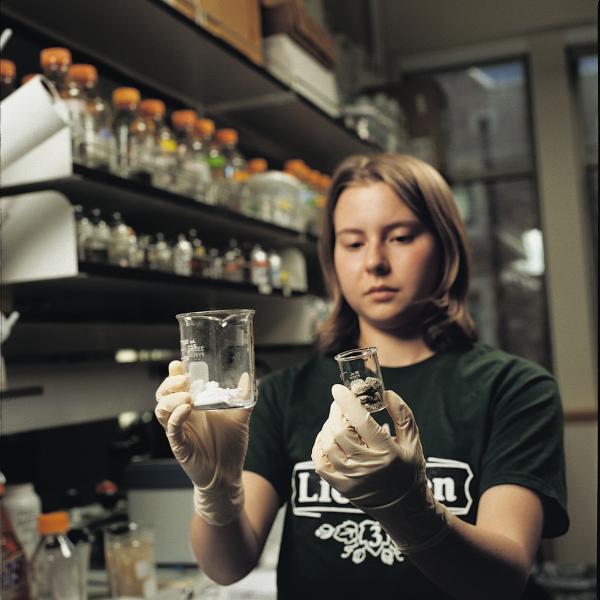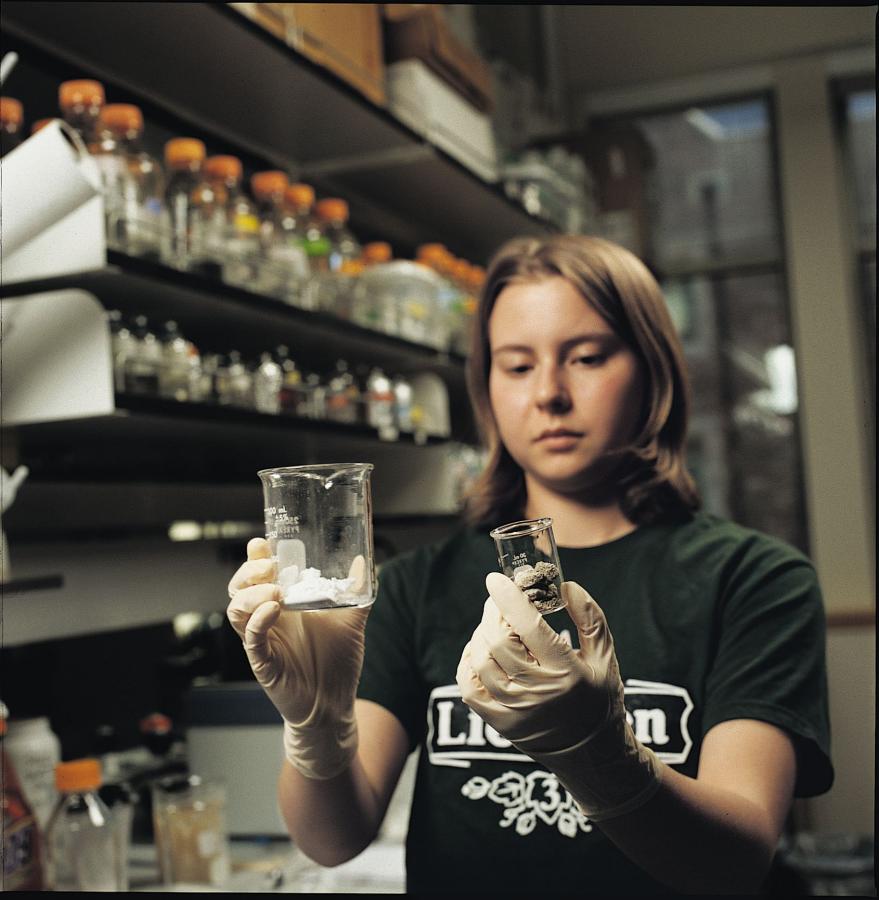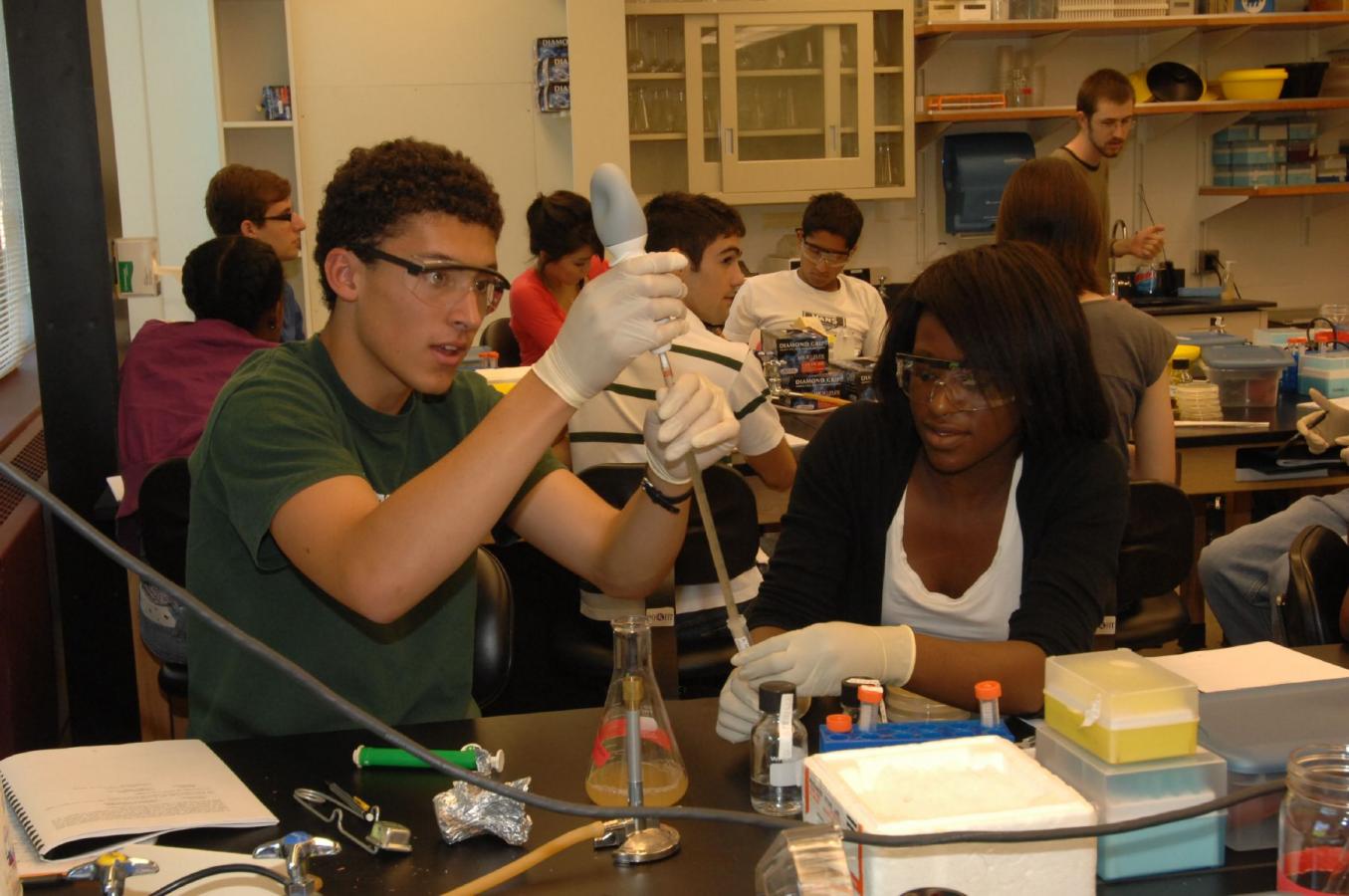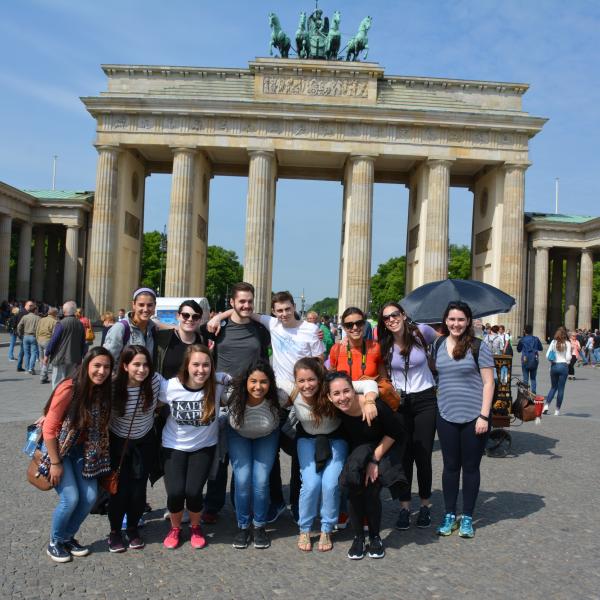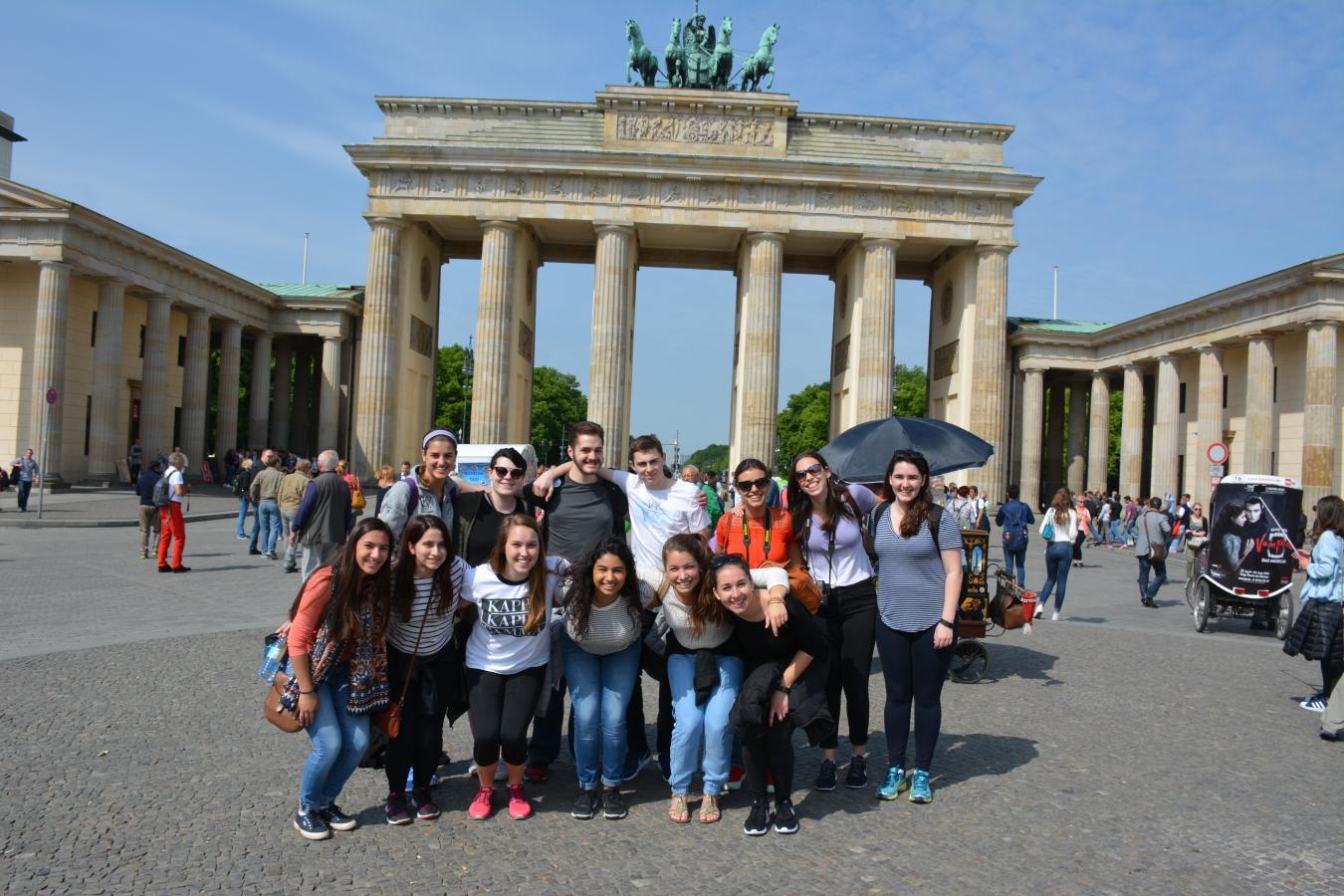In the College of Arts & Sciences, you can find the opportunities and support to make the most of your first year and beyond.
Please view our current list of open First-Year Programs. Now that registration has begun, students still interested in signing up for a First-Year Program can do so in WebSTAC. Students may opt to have more than one First-Year Program.
The College offers special courses specifically designed just for first-year students. You can choose between:
- Ampersand Programs: interdisciplinary, small classes that span two or more semesters. These classes give you a chance to immediately jump into sustained academic inquiry into a particular topic and can involve fieldwork, research, or international or domestic study travel.
- First-Year Seminars and First-Year Opportunities: one semester classes reserved for first-year students. These topic-based courses give you the opportunity to explore a new idea in depth in your first or second semester.
- Beyond Boundaries Courses: mid-sized, interdisciplinary courses team-taught by faculty from across the university.
The next four years will take you down pathways of academic inquiry to encounter new concepts, compelling ideas, and experiences that will surprise you. You are encouraged to embrace your own unique intellectual trajectory, knowing there is no prescribed path towards an enriching Arts & Sciences education. Explore the courses below and start your Arts & Sciences journey by further exploring a topic you've studied or choosing to dive into something new. Still have questions? Check out our First-Year Programs FAQ.
How to Sign Up
The sign-up process with priority review for first-year programs and seminars begins on Thursday, May 16, 2024, at 4 p.m. (CT). To participate in priority review, please submit your application in the first 24 hours after applications open or by Friday, May 17, 2024, at 4 p.m. (CT). You will need your WUSTL Key to apply. As part of the application you will need to rank your top four program choices, and can include Ampersand Programs and First-Year Seminars. Our goal in this sign-up process is to match you with a program you are excited about. Because these classes are unique and tailored for smaller groups, many will fill during the priority review period. Ampersand Programs will include a unique application question, available on the Ampersand course sites linked below, so make sure you review and explore the program pages for the courses you are interested in before the sign-up process starts. When sign-up is open there will be a link to the application on the right hand side of this webpage. The first-round of sign-up will close Monday, May 20, 2024, at 12 p.m. (CT).
A second round of sign-up for those who were not able to participate in the first round will be open from Friday, May 24, 2024, at 12 p.m. (CT) to Tuesday, May 28, 2024, at 9 a.m. (CT).
